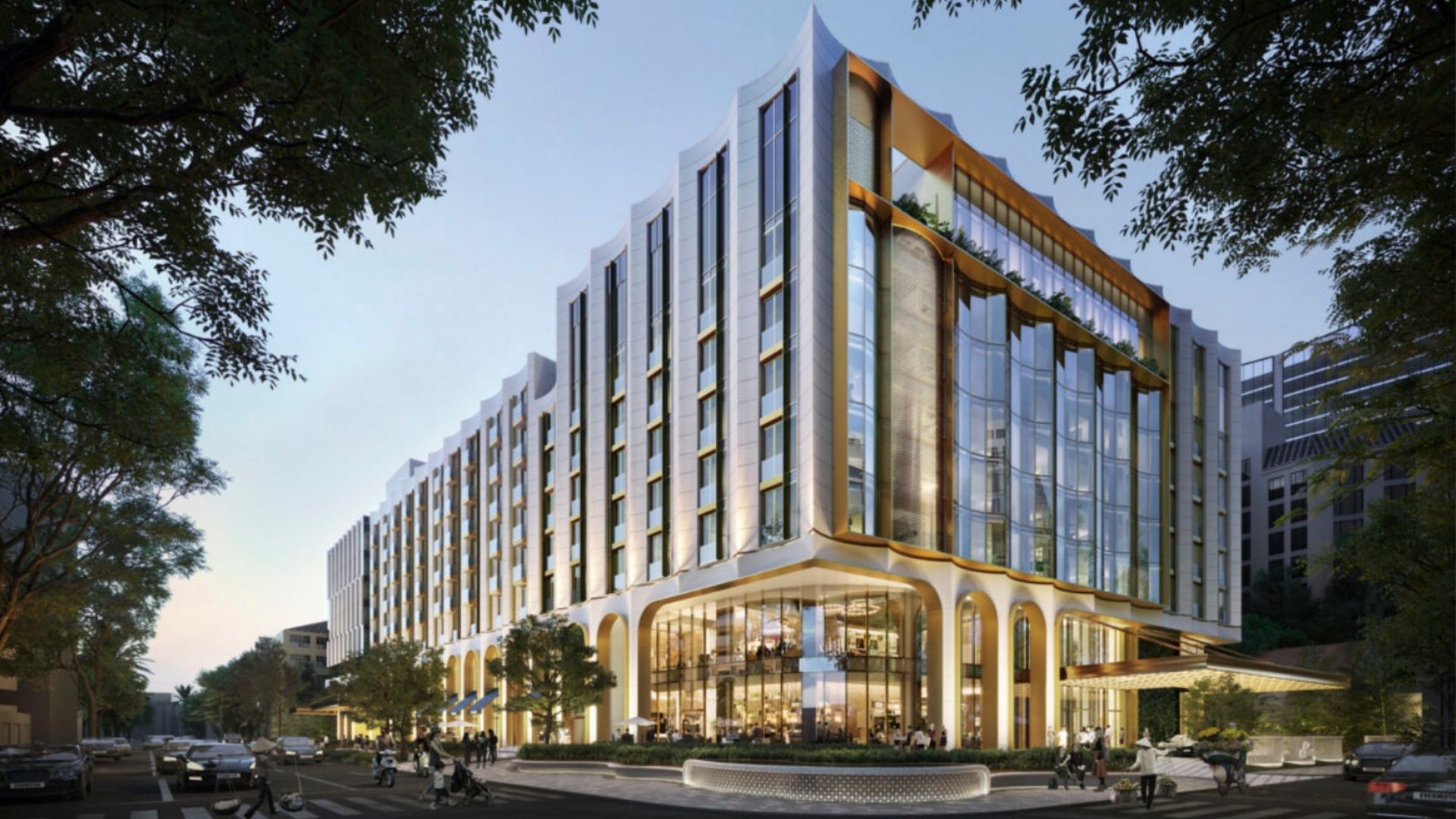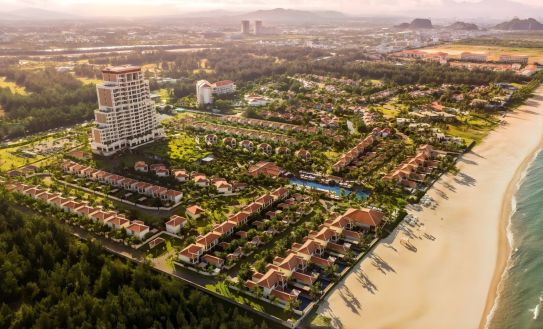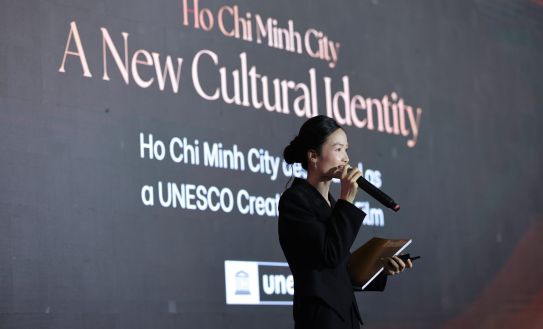Vietnam – Asia’s branded hotel hotspot: Global ambition meets local realities

In 2025, Vietnam stands proudly as Asia’s new capital of branded hospitality, blending global ambition with a vibrant, evolving local identity. With new headlines each month, soaring international arrivals, record investments, and debut luxury towers, the hotel sector reflects both how far the country has come and how swiftly change can unfold. Yet as Vietnam celebrates world-class recognition, the real story is one of balancing ambition, local character, and a rapidly evolving market.
Đọc phiên bản Tiếng Việt của bài viết.
Booming brands, expanding horizons
Vietnam’s major cities and beach destinations are welcoming a new generation of international icons. In Hanoi, The Ritz-Carlton Residences opened in 2024, and anticipation builds for new arrivals from Fairmont, Four Seasons, and Waldorf Astoria, all signaling the capital’s ambition to rival any regional luxury hub. Ho Chi Minh City responds with a wave of new concepts like JW Marriott Hotel & Suites Saigon, Hilton Saigon, and Indigo Saigon.

Down the coast, Da Nang stands out as a central hospitality powerhouse, with over 19,000 upscale rooms and international arrivals up nearly 21% in 2025. Brands like Mandarin Oriental, JW Marriott, and Nobu Hospitality are on track to join the city’s resort and MICE scene, while Nha Trang and Cam Ranh continue to set new standards for beach and mixed-use developments.
Long Thanh International Airport, located in Dong Nai province east of Ho Chi Minh City, is set to welcome international arrivals from late October 2026, with a phased shift of flights through 2027. This landmark development will boost Vietnam’s tourism by expanding international capacity, driving economic growth, and anchoring the country’s position as a regional travel hub while presenting challenges around infrastructure, connectivity, and sustainable development.
Meanwhile, Phu Quoc is investing in infrastructure, luxury facilities, and event preparation as it gears up for APEC 2027, eager to showcase itself as Vietnam’s Pearl Island.
Vietnam’s Newest UNESCO World Heritage Gem
Perhaps no development is more meaningful than the recognition of the Yen Tu-Vinh Nghiem-Con Son-Kiep Bac Complex as Vietnam’s newest UNESCO World Heritage Site in 2025. Spanning Quang Ninh, Hai Phong, and Bac Ninh, this interprovincial complex is a testament to Vietnam’s spiritual and cultural heritage-embracing mountain landscapes, ancient pagodas, and centuries-old pilgrimage trails. It stands as a powerful reminder that Vietnam’s best stories are not just about growth, but about legacy and continuity.

Growth meets new realities: Navigating complexity, shaping the future
The Vietnam’s hospitality boom isn’t without its share of tough spots. Talent shortages are real, and complicated rules around development, land, and licensing can slow down even the most ambitious projects. But these issues push the industry to get creative. The hotels are investing more in staff development, smarter partnerships, and new ways of doing business. In places like Hoi An or Sa Pa, the arrival of major brands sparks genuine debate: How do we keep what makes these destinations special while welcoming more visitors? There aren’t easy answers, but the ongoing conversation is helping shape a market that values both growth and authenticity.
Innovation and Collaboration
Vietnam is leaning into the future through digital platforms, loyalty ecosystems, and partnerships between local visionaries and global chains. The nation’s leap in digital transformation – adopted by both chains and independent hotels, has narrowed competitive gaps, improved guest experience, and set new standards in hospitality.

The road forward: Open questions and open opportunity
Vietnam’s hospitality sector now contributes more than $22 billion to the economy and is forecast to reach $31-32 billion by 2030. The world is watching closely as Vietnam experiences this remarkable surge in hospitality and tourism; however, it seems that the real test is yet to come.
Will Vietnam’s drive to become a branded hotel superpower continue to offer the opportunity for all, or create new divides between international polish and local authenticity? As investment and development stretch across every corner of the country, can the industry remain active and inclusive enough to preserve what truly makes Vietnam special?
As new hotel lights illuminate Vietnam and visitors rediscover its ancient mountain sanctuaries, the nation’s hospitality story remains in progress. The central challenge – and the greatest promise lies in blending international ambition with local soul, while ensuring that every traveler, community, and the next generation of hospitality talent all find their place in Vietnam’s unfolding narrative.
About the Author
Camellia Dinh is a hospitality strategist, educator, and founder of The Brand Promise, specializing in brand development and leadership for premium hotels in Vietnam and worldwide. Serving as Business Development Partner at SODA Hotel Management Platform and with over a decade of industry experience, she is recognized for her thought leadership in hotel sales and marketing, event management, talent mentoring, and elevating Vietnam’s hospitality profile on the global stage.

